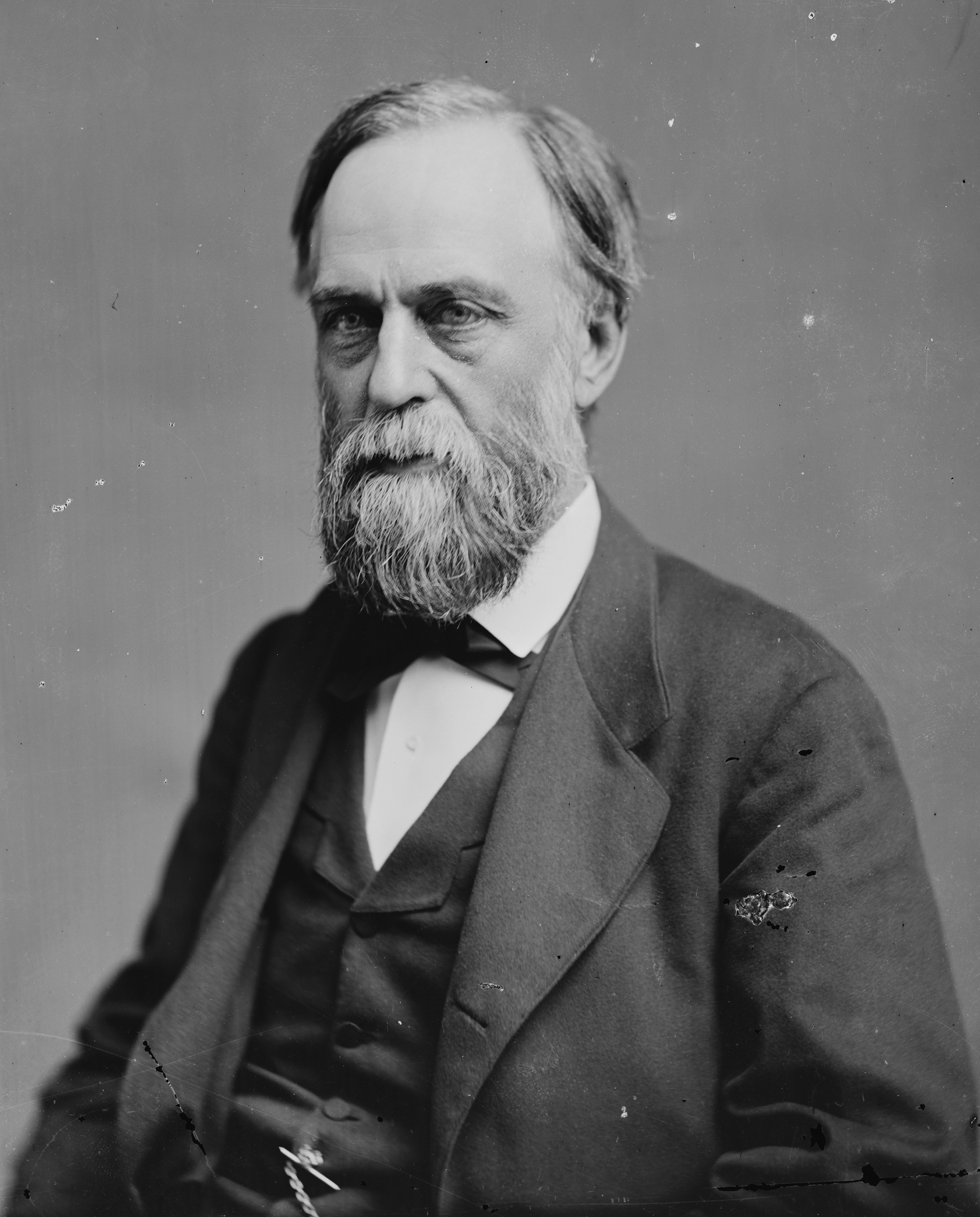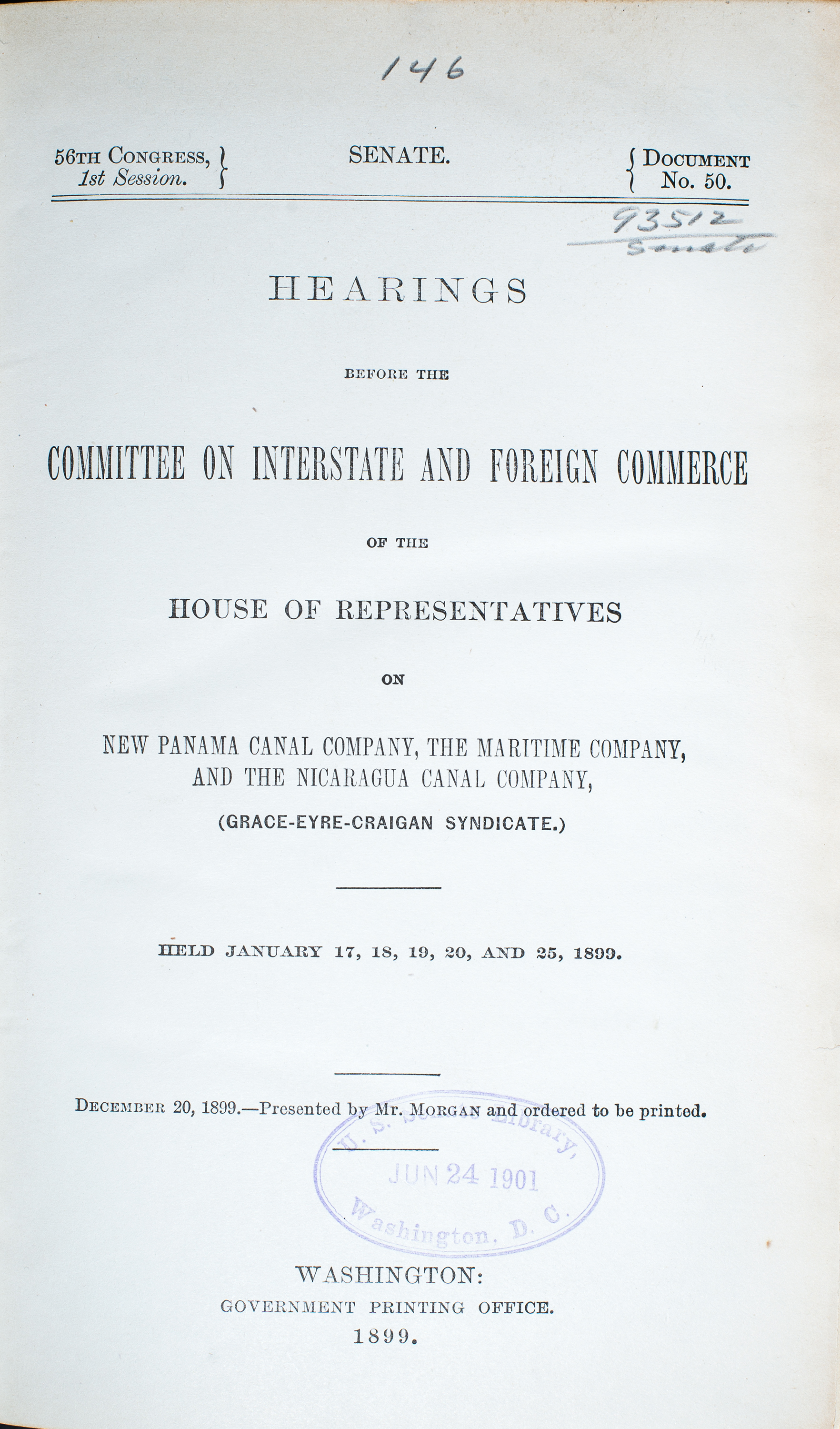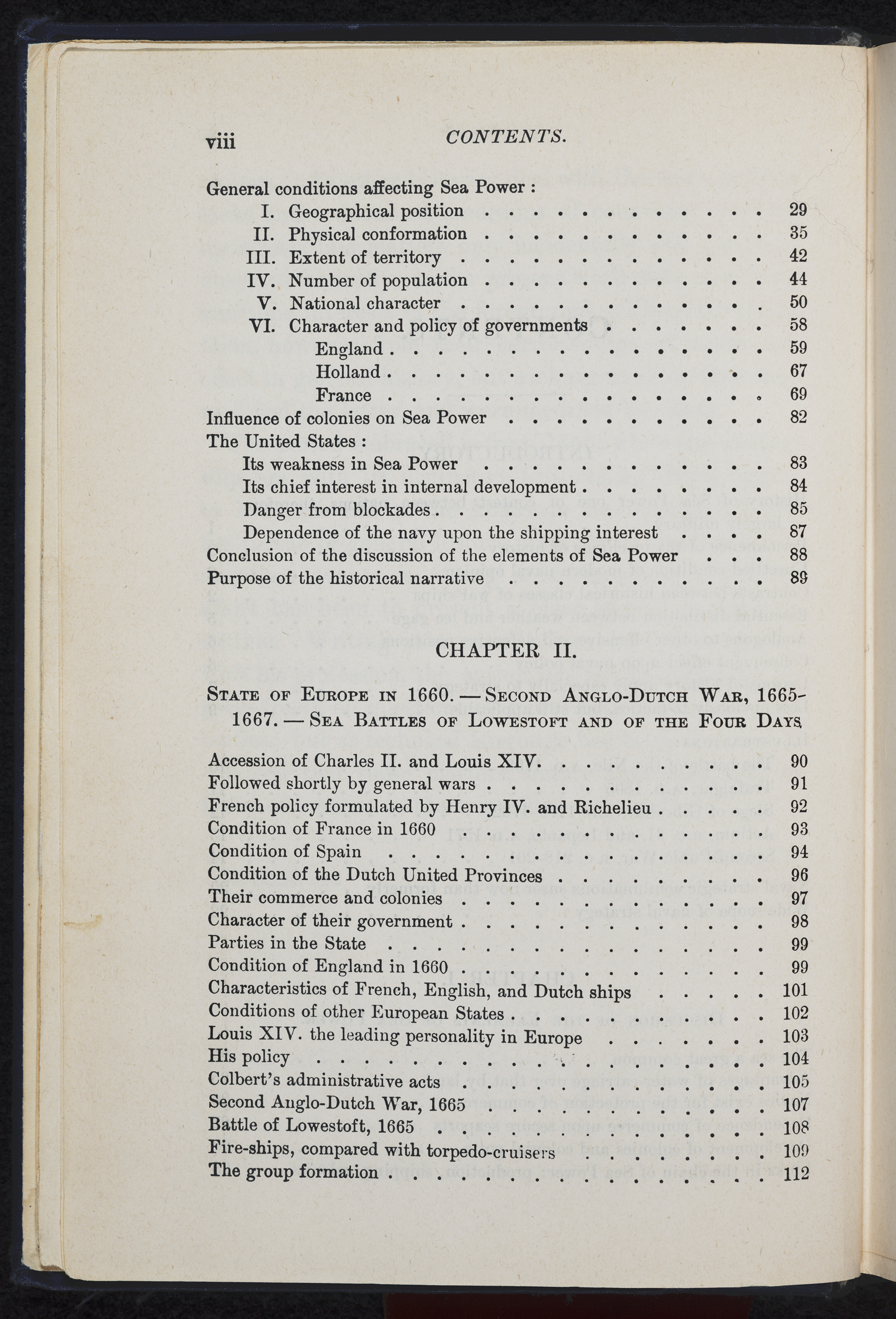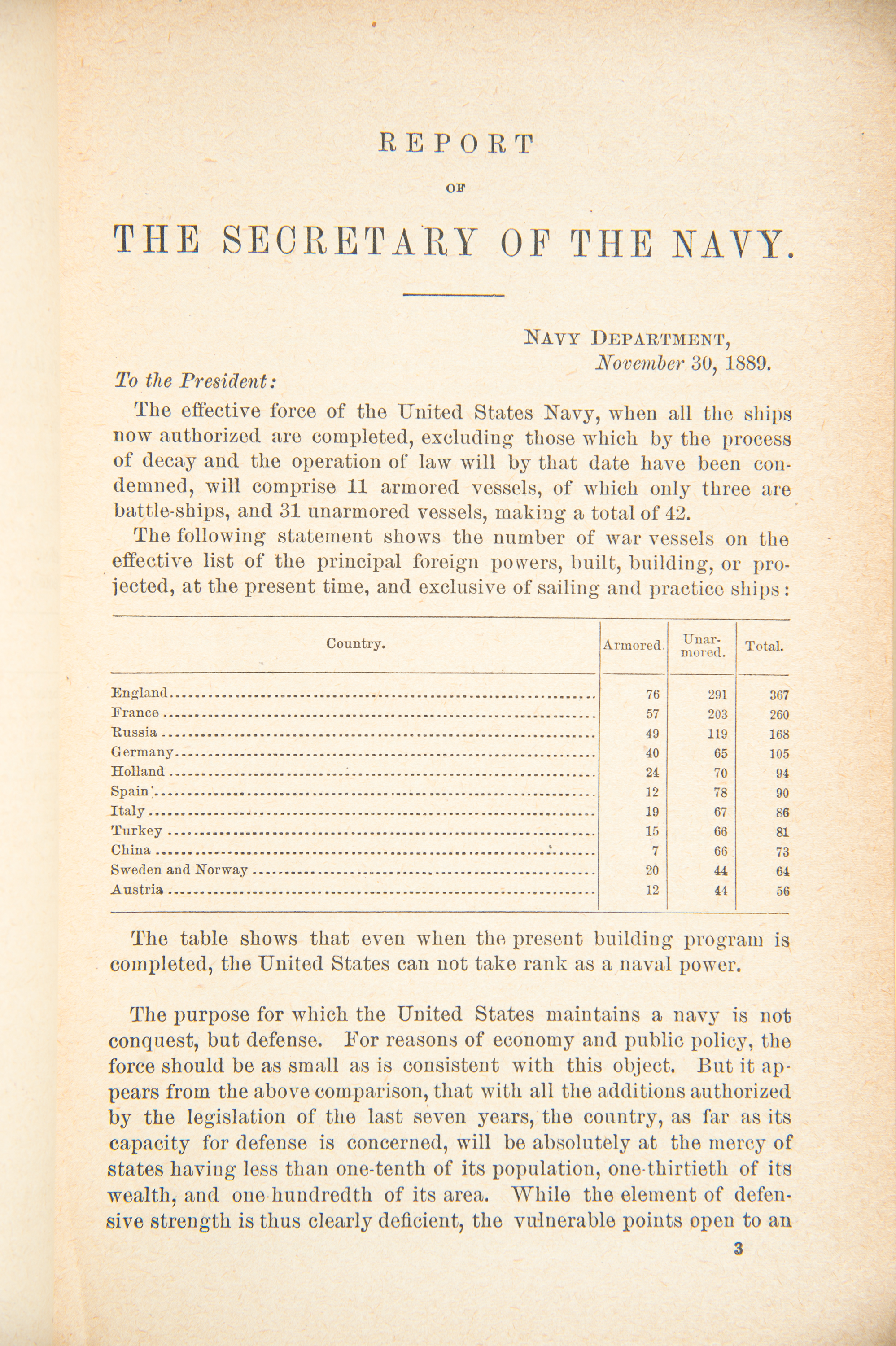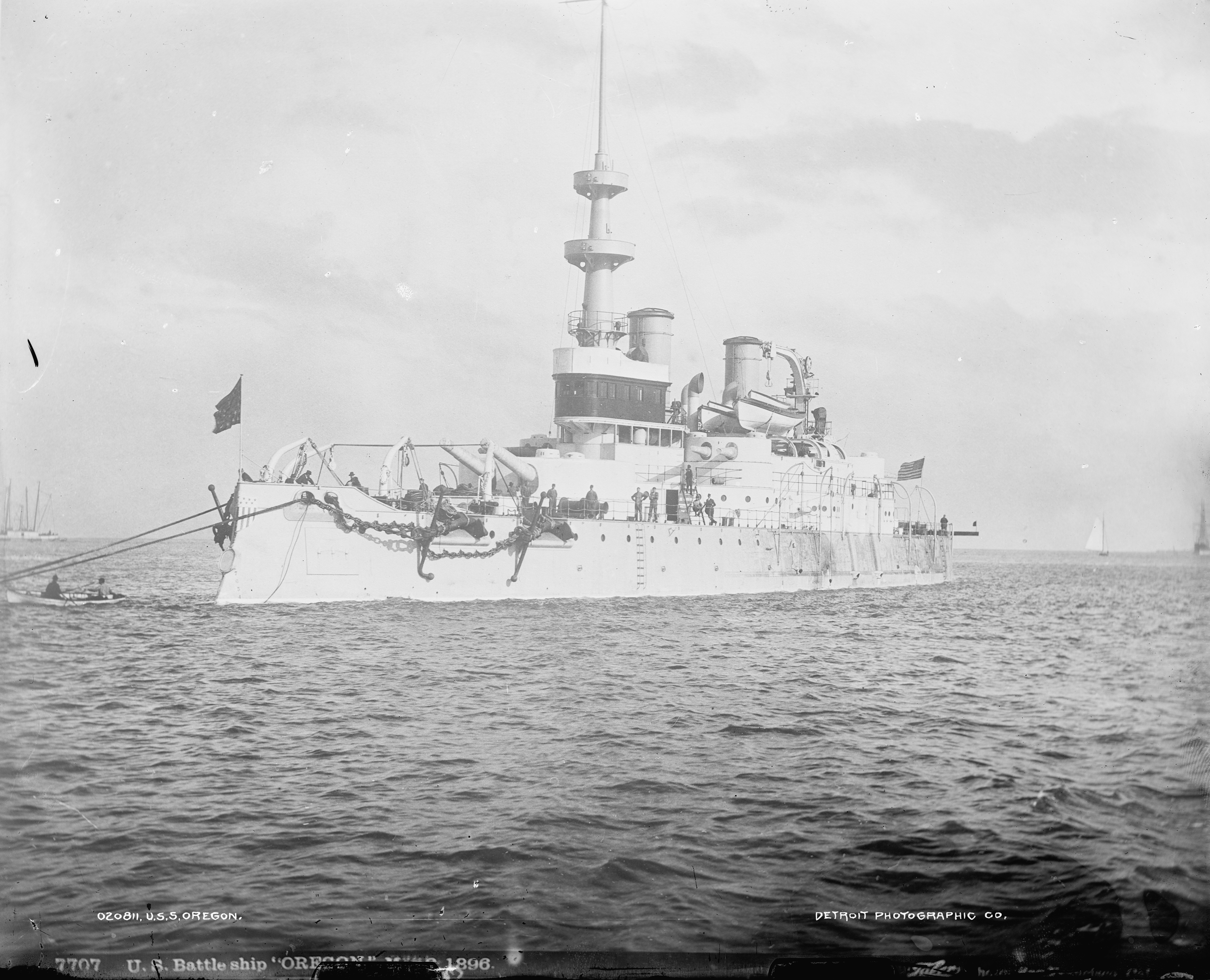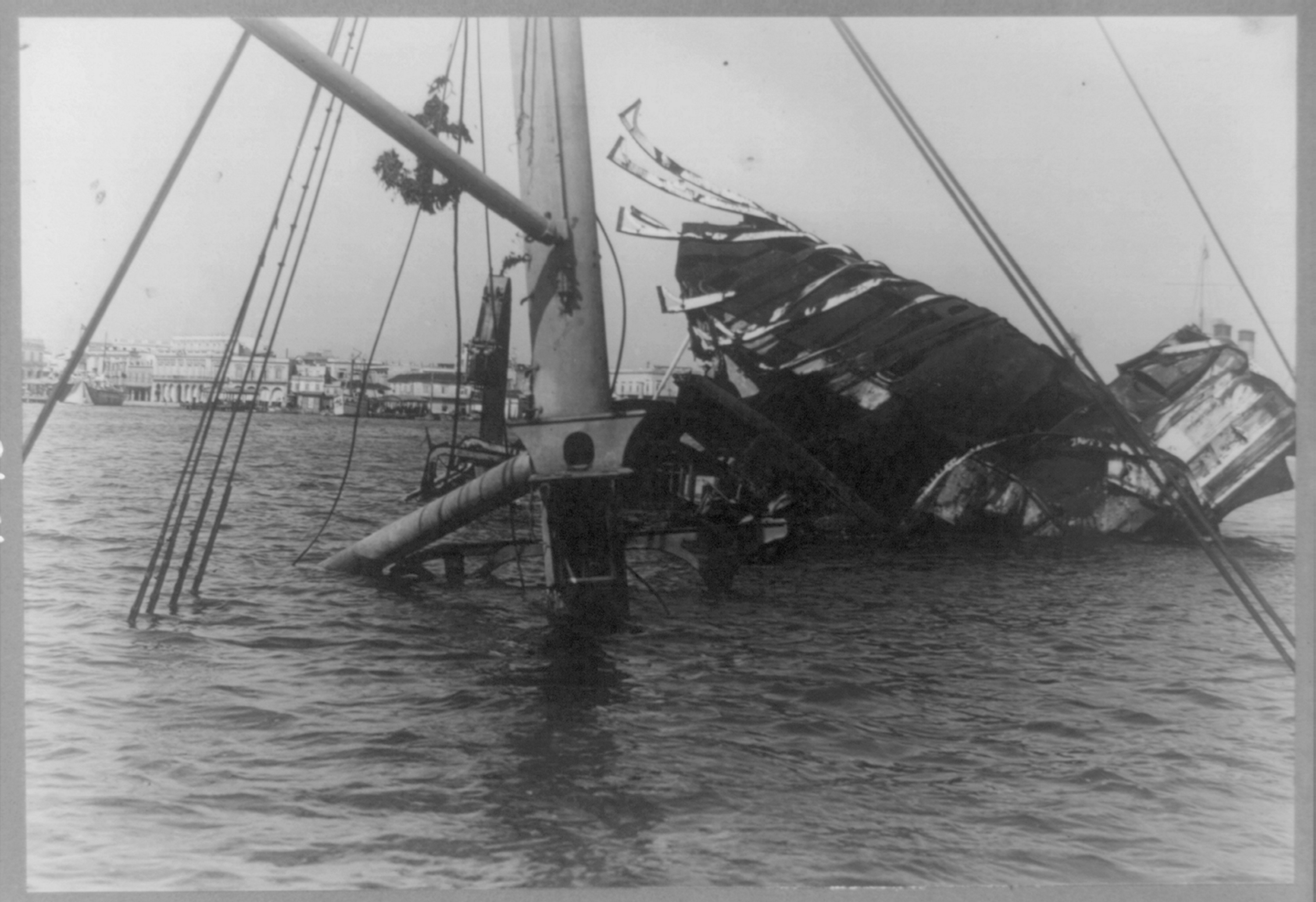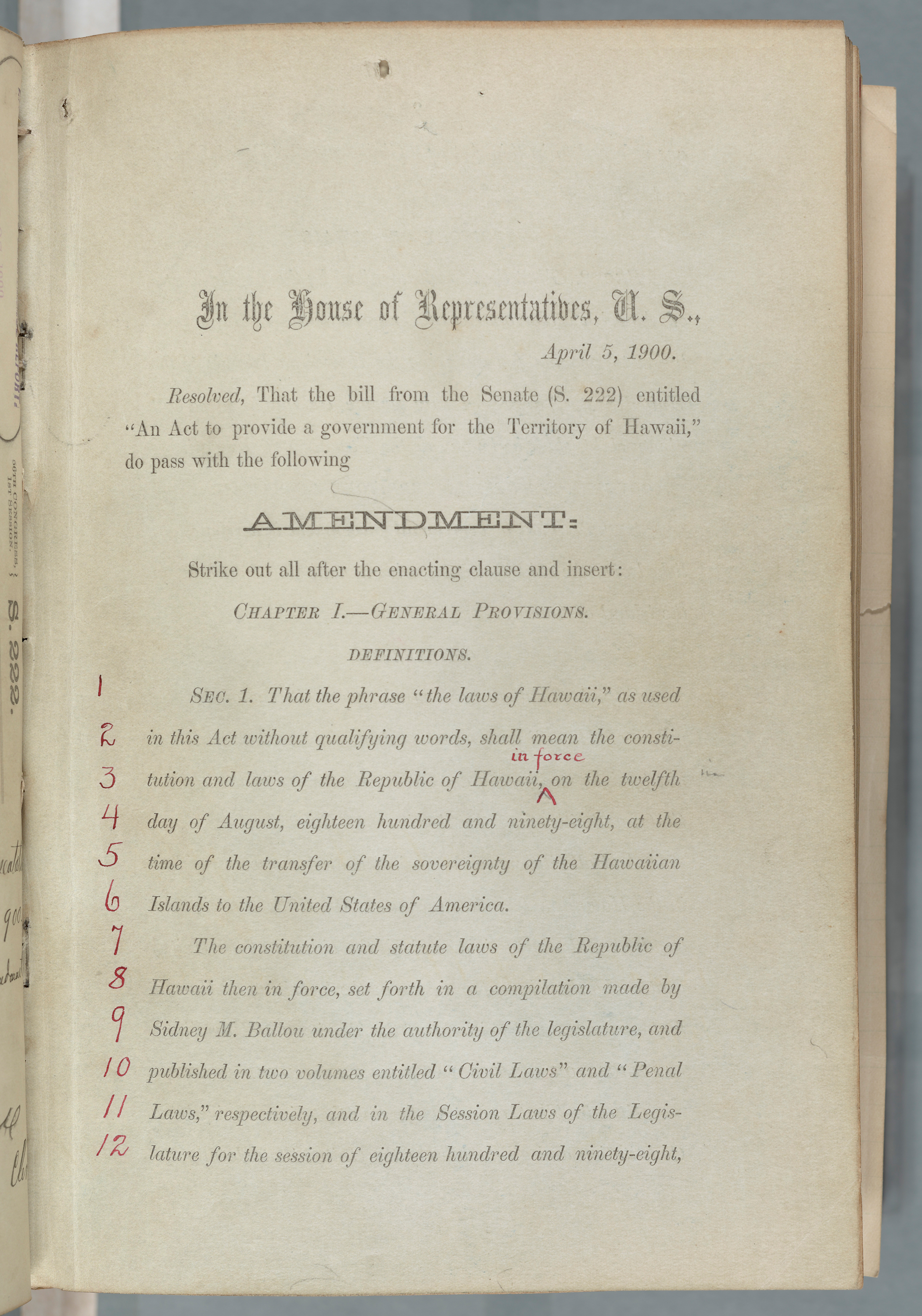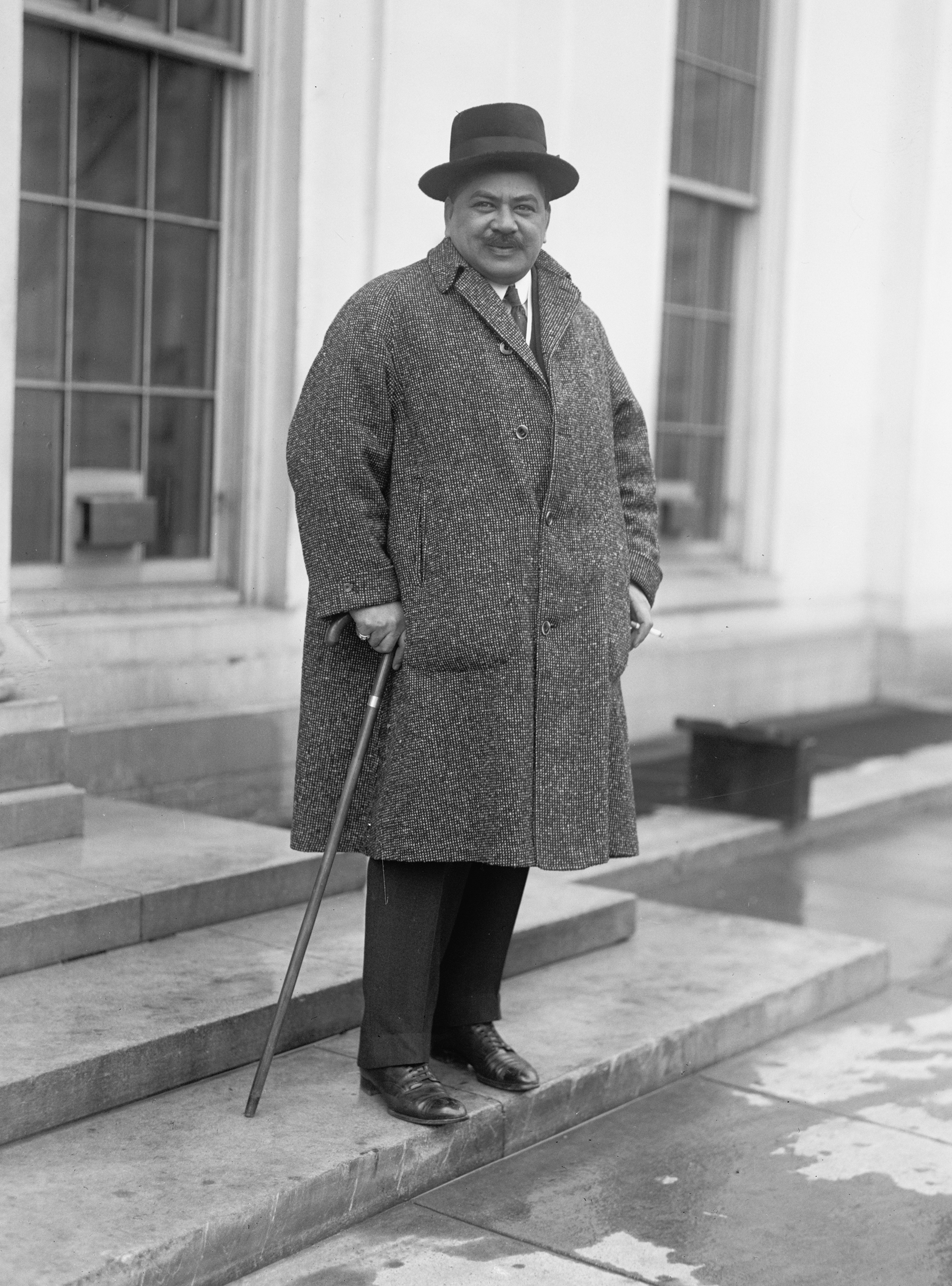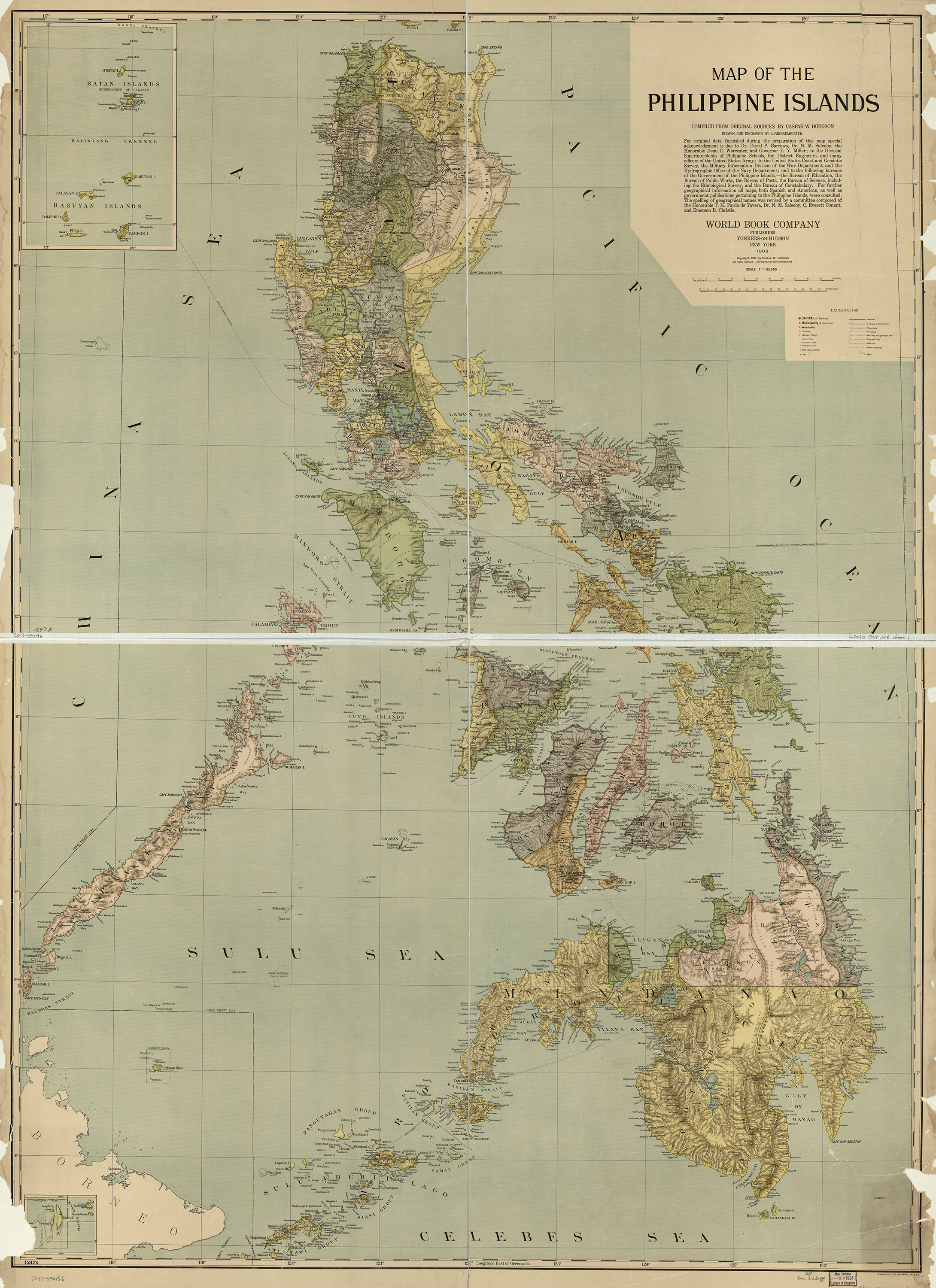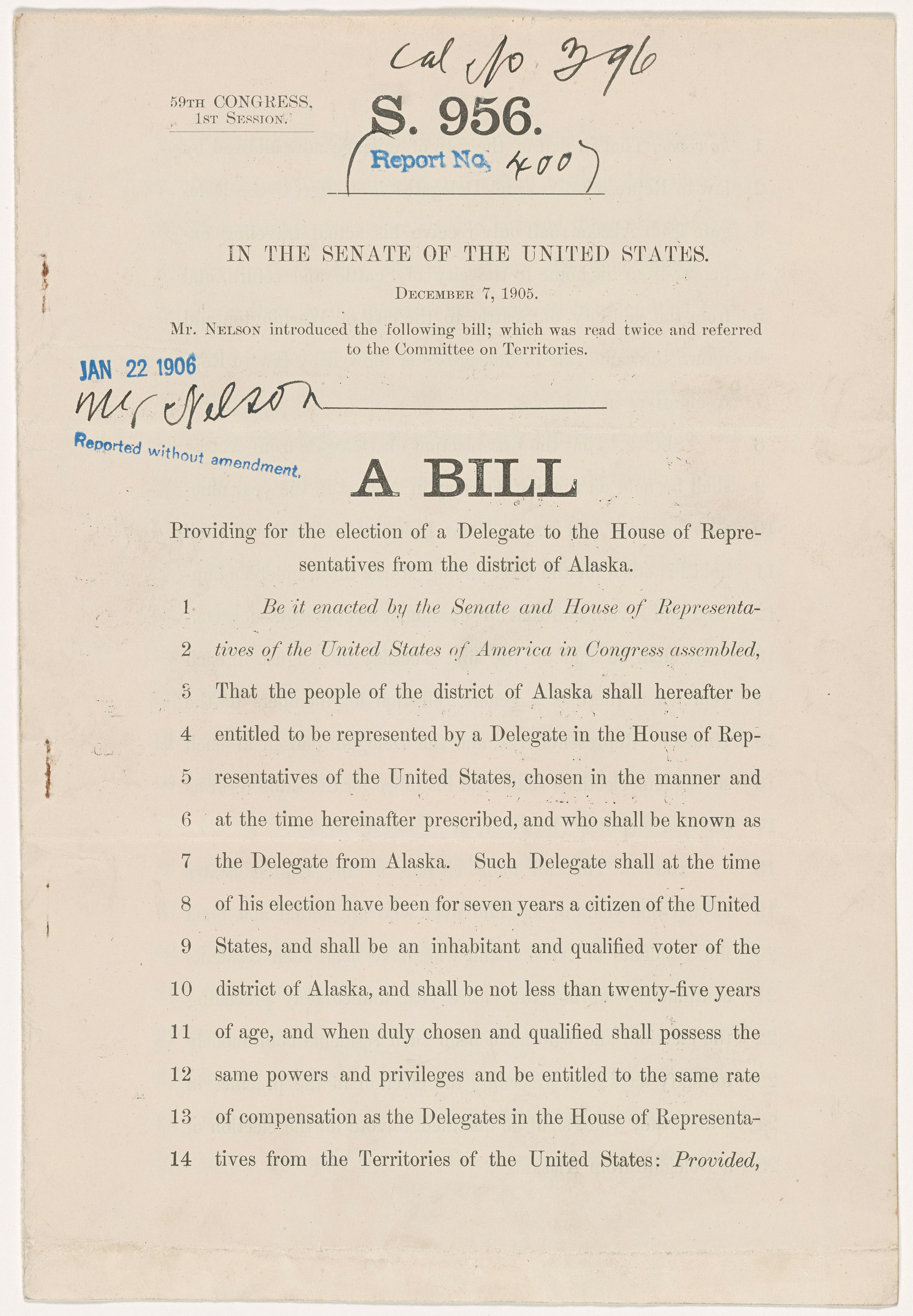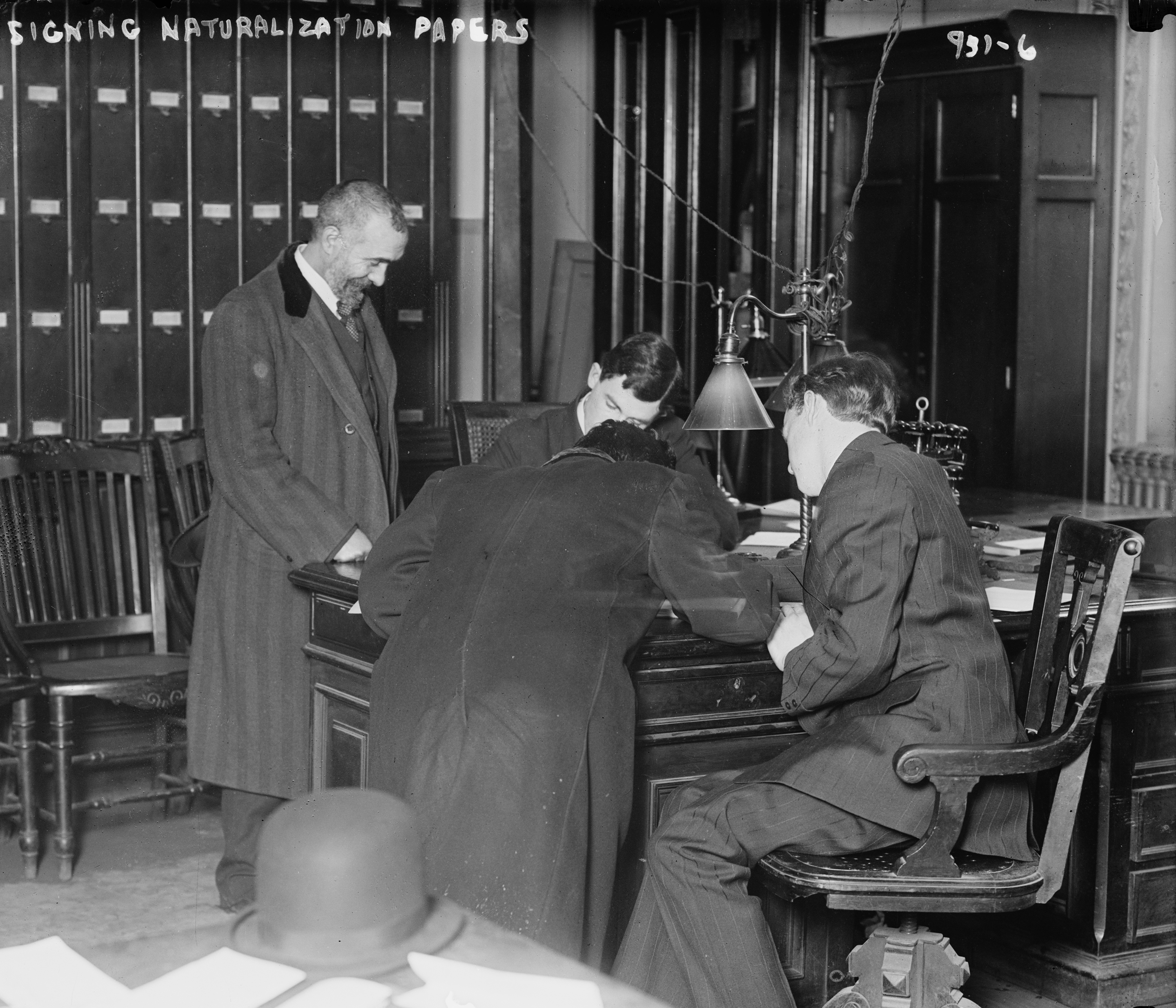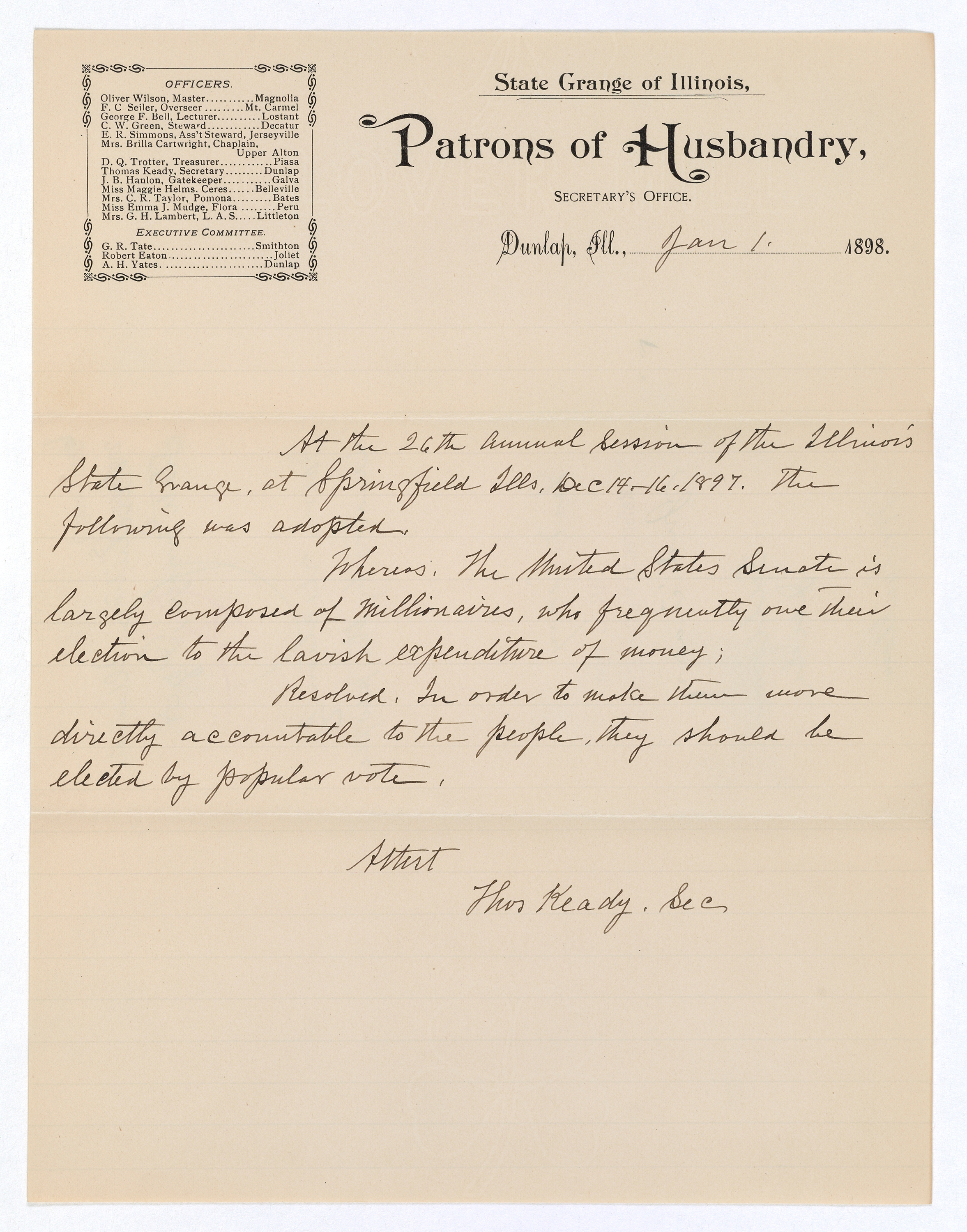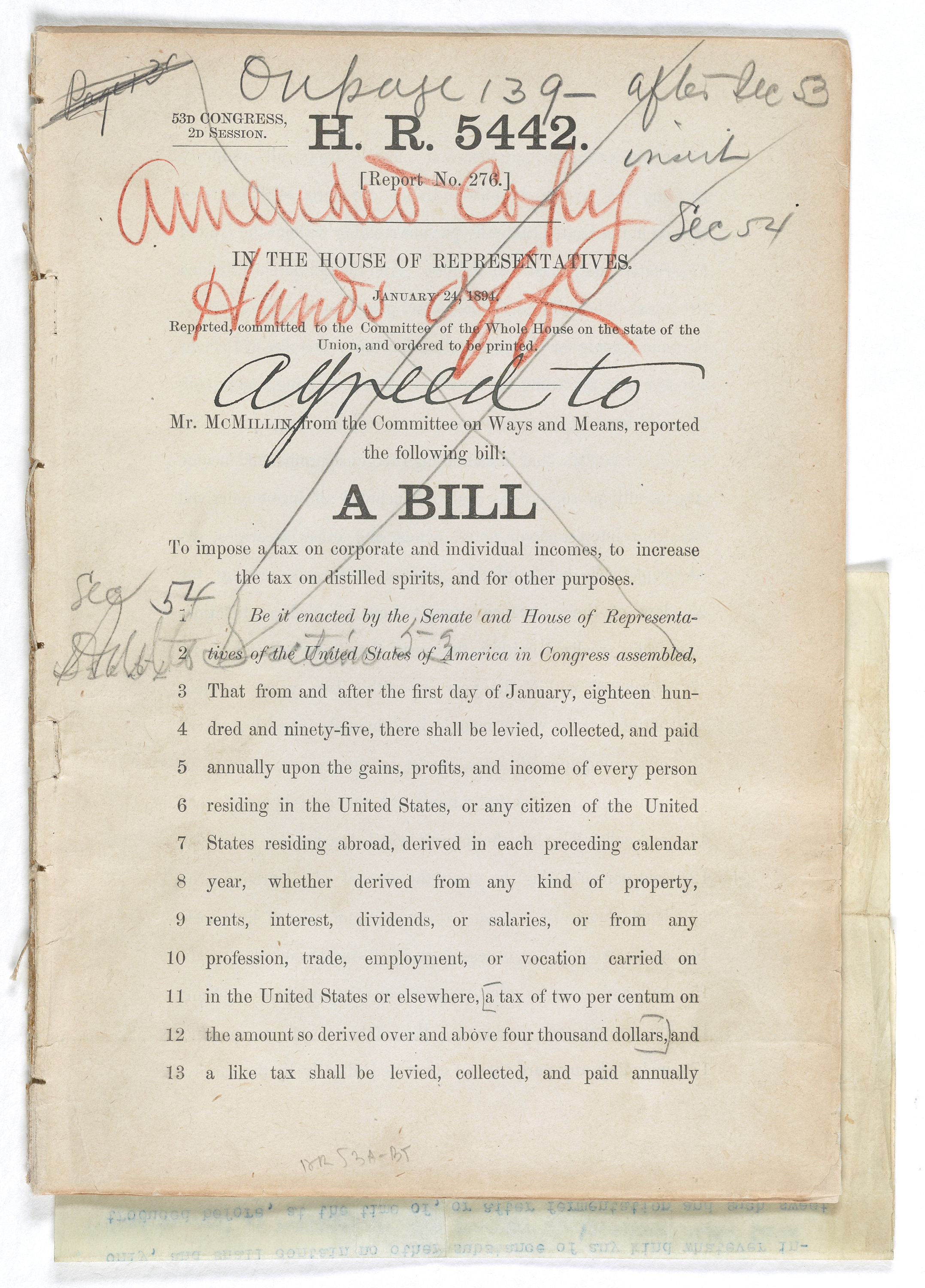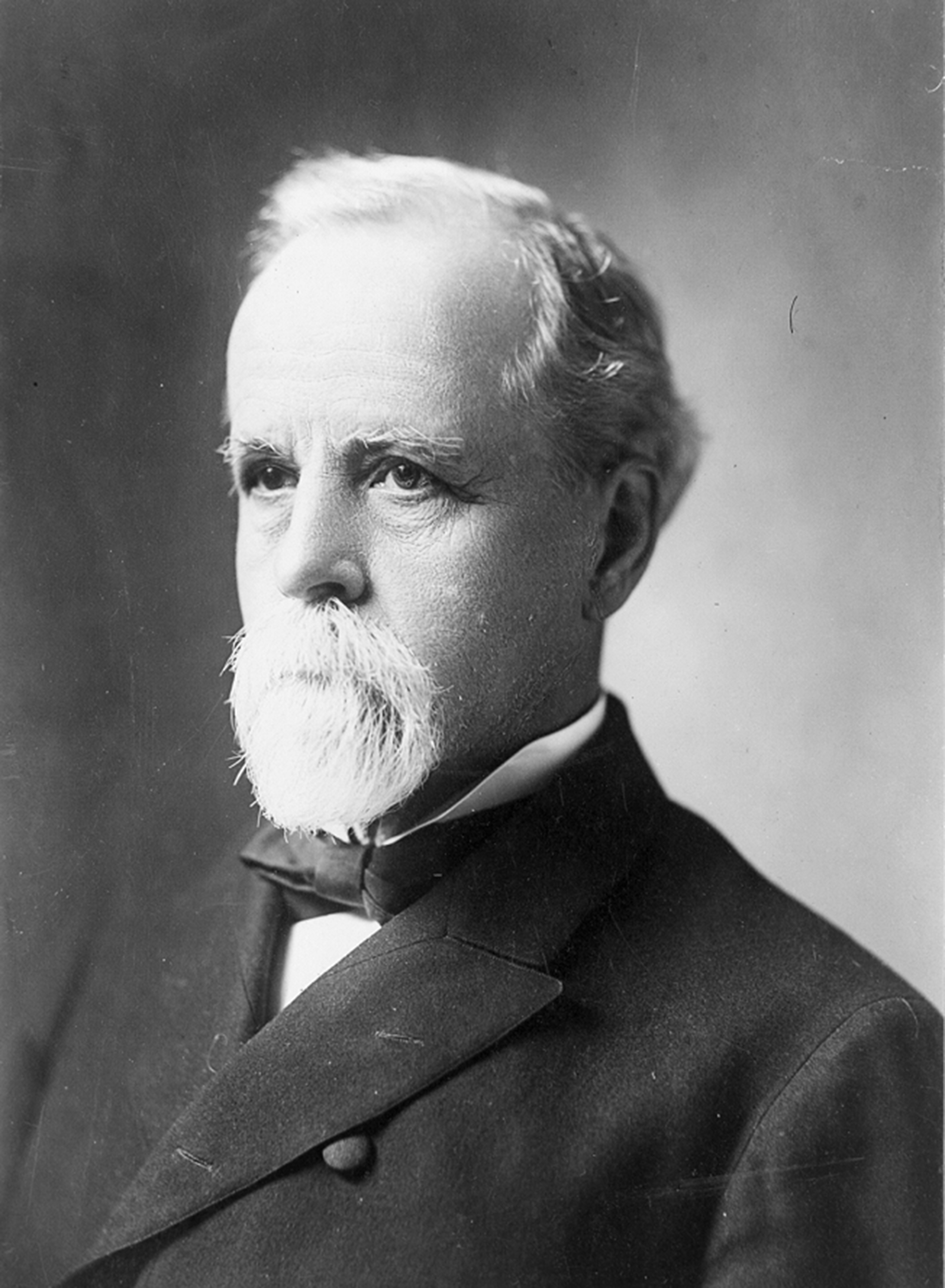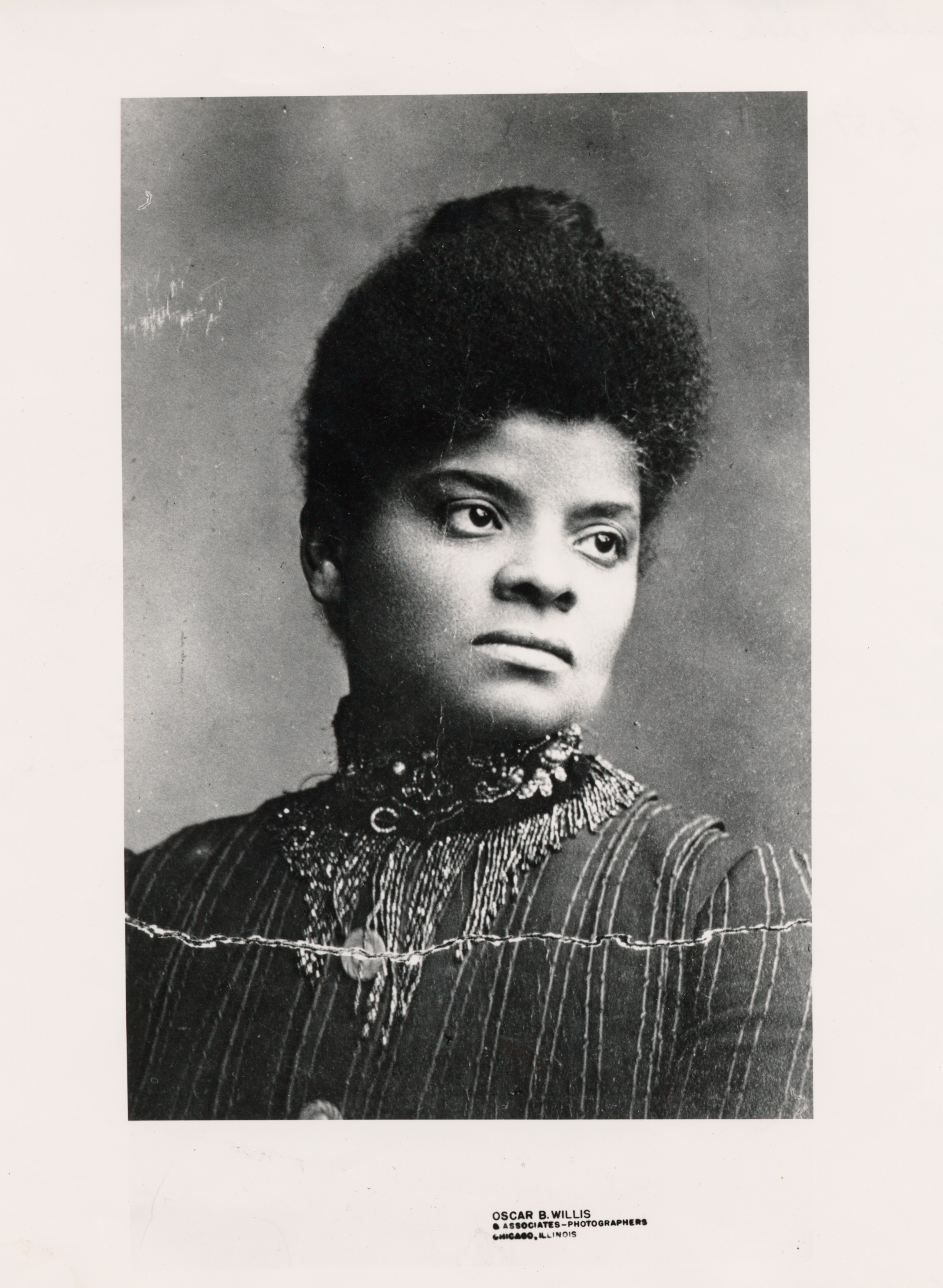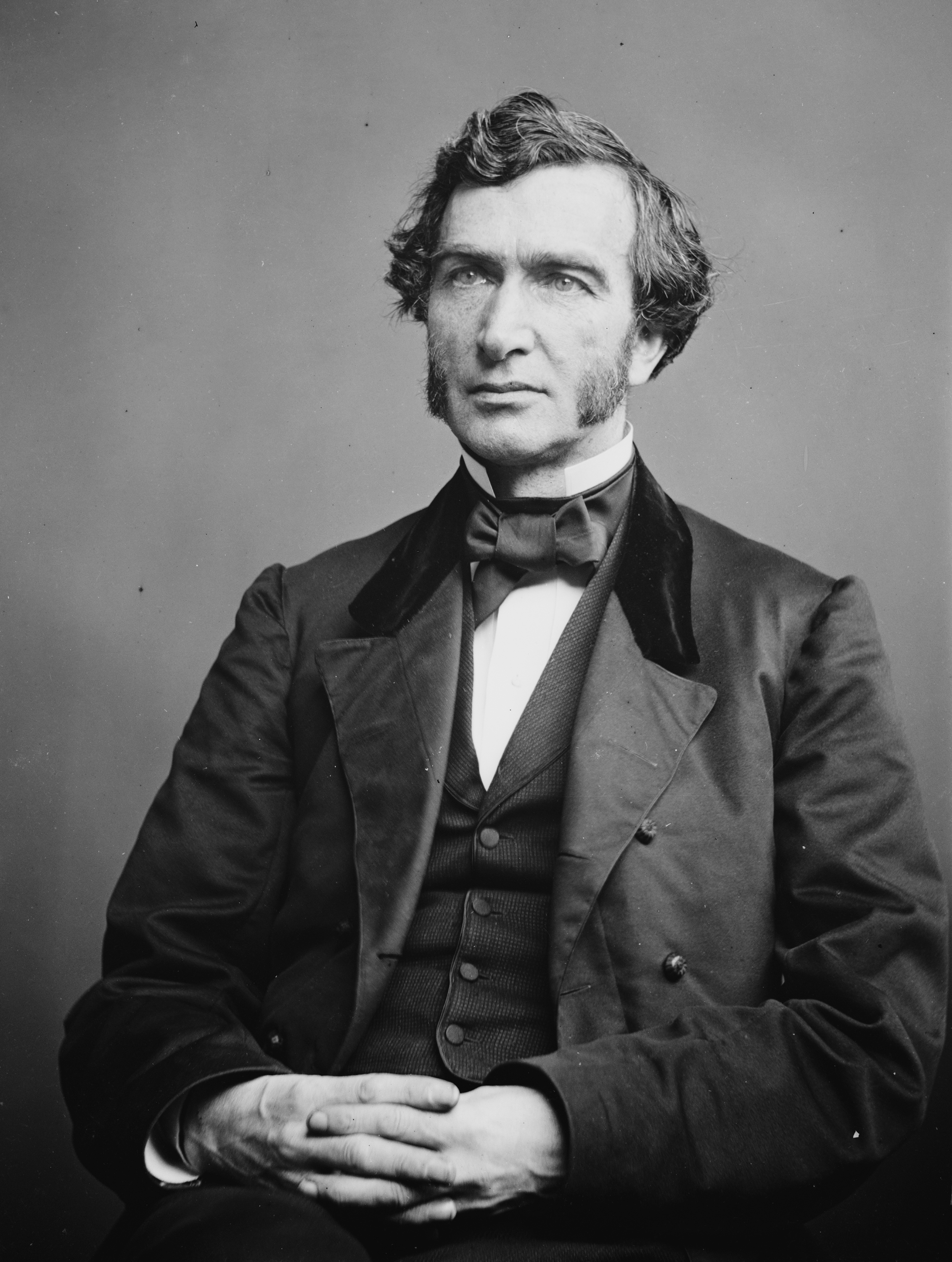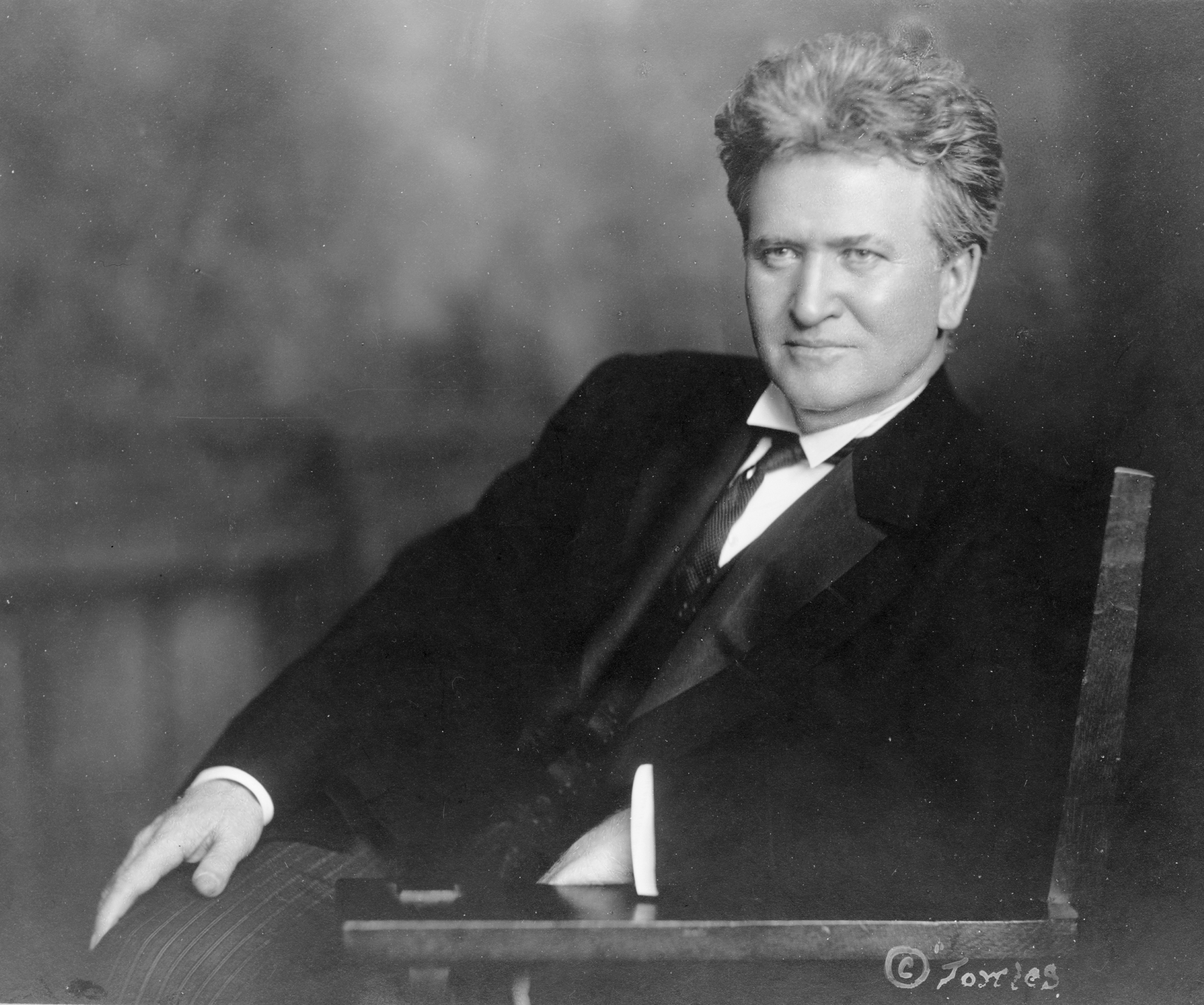Congress and the Progressive Era
From the 1890s to the 1920s, a period known as the Progressive Era, the United States experienced dramatic social, cultural, and political change. Confronted with domestic and international challenges, Congress reexamined the government’s role in the economy and the environment and the nation’s place in the world.
Prominent investigative journalists––called “muckrakers”––and citizen activists pushed Congress to pass landmark legislation, and states ratified new amendments to the Constitution. This period of dynamic reform forever altered the democratic process, the notion of “We the People,” and the everyday lives of all Americans.
Exploration
Congress shall have the power to....promote the Progress of Science
Common Defense
Congress appropriates funds for national defense and has the power to declare war. By approving international agreements and the appointment of ambassadors, Congress also supports efforts to resolve conflict through diplomacy. Congressional contributions to matters of war and peace throughout the nation's history are registered in these documents.
Unity
E pluribus unum—Out of many, one—expresses the ideal of our Union: many states, one nation. Representing all of the states, Congress has promoted national unity through a process of inquiry, debate, compromise, and consensus. These documents record the continuing legislative efforts to meet the broadest needs of the people.
Freedom
The desire for freedom and the quest for individual liberty are American ideals enshrined in the Declaration of Independence and the Constitution. In each era, Congress has debated and enacted measures to secure and expand freedom for all Americans, as demonstrated in these historical documents.
General Welfare
Congress is charged by the Constitution with providing for the general welfare of the country's citizens. Historically, this has meant improving transportation, promoting agriculture and industry, protecting health and the environment, and seeking ways to solve social and economic problems. These documents reflect Congressional actions to ensure "the Blessings of Liberty to ourselves and our Posterity."
Knowledge
Knowing that democracy flourishes best in an open environment with an educated citizenry, Congress has promoted public education, supported the arts and sciences, and funded extensive research, as illustrated in these documents. In that same spirit, it established the Library of Congress, now the world's largest library, with unparalleled collections in every field of human endeavor.

